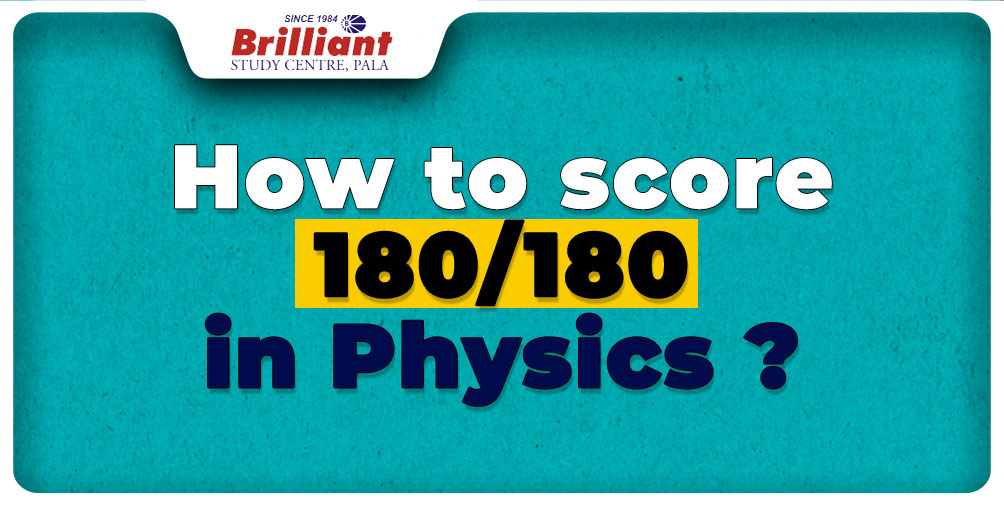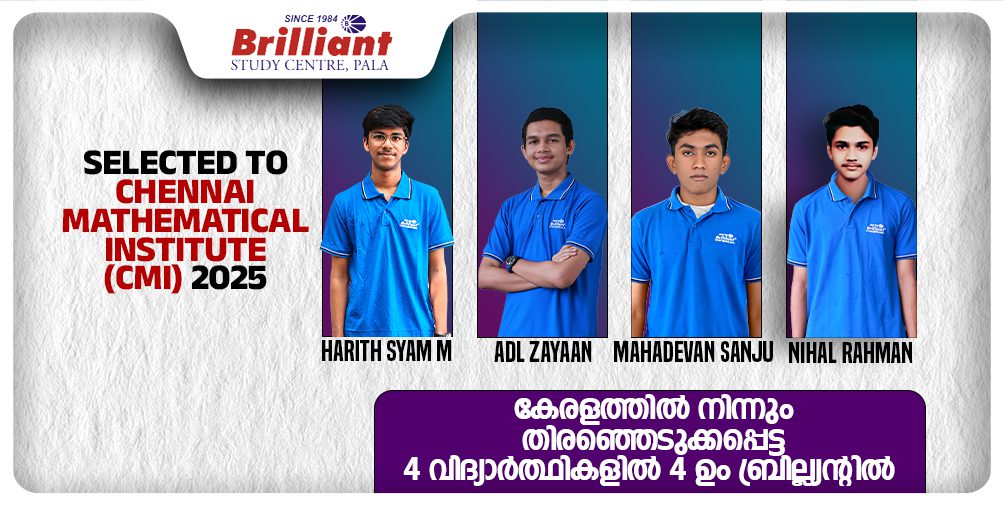Our Blog
How to score 180/180 in NEET Physics?

For the National Eligibility cum Entrance Exam (NEET) conducted by NTA (National Testing Agency), the section from Physics carries 180 marks out of a total of 720 marks. For each correct answer, 4 marks will be awarded and for each incorrect answer, one mark will be deducted. Therefore the student appearing for the NEET examination has to be careful while attending the answers since there are negative markings.
In this blog, we will provide you the tips to score full marks in Physics. Most of the NEET aspirants find it difficult to study Physics. By following the proper preparation method, students can score 180/180 in Physics.
• Follow a systematic method of learning
While preparing for a highly competitive exam like NEET, it is always better to attend online or offline coaching for NEET preparation. It will help you follow a systematic learning method. The NEET syllabus is vast and proper guidance can help you learn the topics effectively. Always choose the best entrance coaching institute for the NEET preparation and you can go for online or offline coaching classes based on your convenience.
• Preparation, Revision, and Execution
Prioritize the difficult topics. Give more time to learn the difficult topics and keep revising them. For the majority of NEET aspirants, physics is the most difficult subject. Therefore spend more time learning physics.
• Be attentive in classes
If you are joining an online or offline class for NEET preparation, be attentive in classes and try to write down the lecture notes. These lecture notes can help you with future references.
• Understand the concepts
Understanding the concepts is the key to successful learning. Physics is all about understanding the theory and then using it for problem-solving. Therefore be thorough with the concepts and derivations.
• Practice Questions
Keep practicing mock tests and model question papers. After completing each topic, do extra questions from the previous year’s question papers or any question bank. This will help you in revising the topics and getting familiar with question patterns.
• Use the available study materials
Don’t go in search of too many study materials and reference texts. Instead, use the available study materials properly. Use the best study materials and understand the concepts properly.
• Be thorough with the NCERT text
NCERT text is the base for NEET preparation. Be thorough with all the concepts, derivations, diagrams, and formulas. The majority of the physics questions are NCERT-based. After completing the NCERT text use other external sources for further reference.
• Make sure to improve after each exam
After attending each exam access yourself. Understand the mistakes you have made and be careful not to repeat them the next time. Thus you can keep improving after each exam.
• Prepare short notes and write down formulas
While studying write down the important formulas and short notes. This will help you in memorizing the concepts. During the previous days of the examination, these short notes can help you easily revise.
Frequently Asked Questions (FAQ’s)
1. What are the total marks for Physics in NEET?
Out of 720 marks, 180 marks are from Physics. There will be 45 questions carrying 4 marks. For each wrong question, one mark will be deducted.
2. Which chapters have more weightage in NEET?
The most important chapters are Laws of Motion, System of Particles and Rigid Body, Thermodynamics, Magnetic Effect of Current and Magnetism, and Current Electricity.
3. What is the total number of questions in physics NEET?
For physics, there are a total of 50 questions of which the NEET candidates have to answer 45 questions.







Leave a Reply